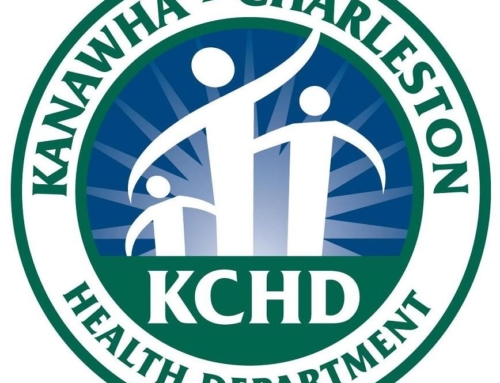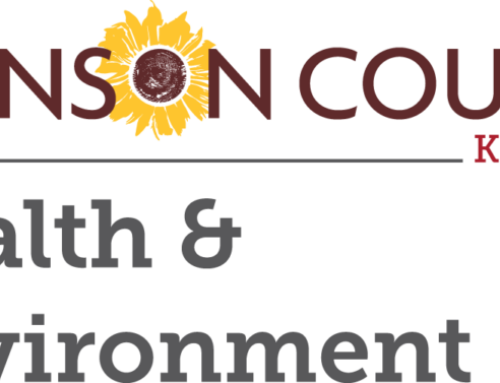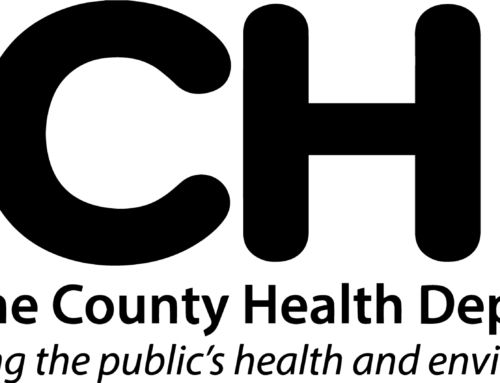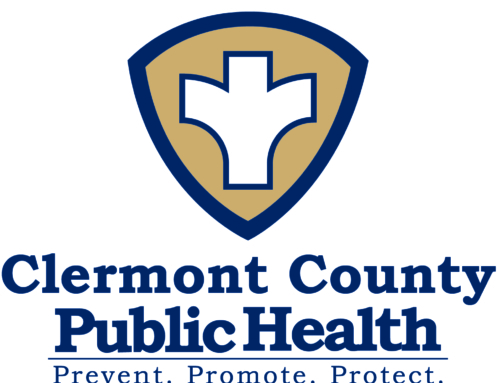Project Description
Health Department Credits Accreditation for Going from ‘Good’ to ‘Great’
By Eric Aakko, MS, MCHES
I used to work at a good health department. Our health department was viewed as credible and trustworthy. We had engaged partners and dedicated staff. However, some things hadn’t changed much over the years. In 2014, I volunteered to lead the accreditation efforts for our 90-staff agency, Weld County Department of Public Health and Environment, located in northern Colorado. I had no idea about the monumental task I had started to lead, other than the process should help make improvements to our overall performance. As we methodically addressed the 100 required measures for accreditation, two things began to happen. First, some staff questioned the time and effort for accreditation, and I heard comments such as, “This seems like a big waste of time,” and, “What is the real payoff?” While other staff saw the opportunity for improvement, and said, “We rarely documented our meetings, and now we do,” and, “Having updated policies and procedures makes it more efficient for decision-making.” Our governing entity and partners also started to notice the improvements.
After we became accredited in late 2016, a unique change occurred. In various conversations with staff—including a few reticent towards accreditation, I heard things like, “We need to update these partner procedures, because we are the only accredited health department in our region.” And other comments like, “We are expanding our quality improvement projects to engage more staff in performance improvement.” I was pleasantly surprised.
As an old maritime saying goes, “A rising tide lifts all boats.” Well, accreditation was the tide that brought about many positive changes to both staff and organizational structure. Even the language used by staff has changed. I repeatedly hear a variation of this sentence: “Well, since we are accredited, we need to ensure the following considerations are included…”
At a recent Executive Team Meeting, I commented that accreditation has provided more tangible benefits to modernizing our operations and performance, than any consultant could ever have, including costing significantly less. In addition, a consultant could not have obtained the staff “buy-in and ownership.” The Executive Team heartily agreed. And the accreditation dividends continue. With the recent completion of our first Accreditation Annual Report, we received PHAB feedback on positive actions to take for ongoing performance management and cultural improvement. So, I no longer work at a good health department—but rather a great health department—that now embraces the concept of continuous performance improvement in the 21stCentury.
Weld County Department of Public Health and Environment in Greeley, Colorado, was awarded national accreditation through the Public Health Accreditation Board on Nov. 15, 2016.
About the author: Eric Aakko, MS, MCHES, is Division Director of Health Education, Communication, and Planning at Weld County Department of Public Health and Environment in Greeley, Colorado. Contact him at [email protected].
⇒ Other major benefits gained as a result of going through the accreditation process:
- Improvement to organizational policies and procedures
- Refinements to internal and external communication
- Embracing opportunities to lead on various health issues in the region
- Active conversations and efforts about quality improvement
- Improvements to workforce development and employee engagement
- Governing entity, partner, and staff support for ongoing performance improvement




